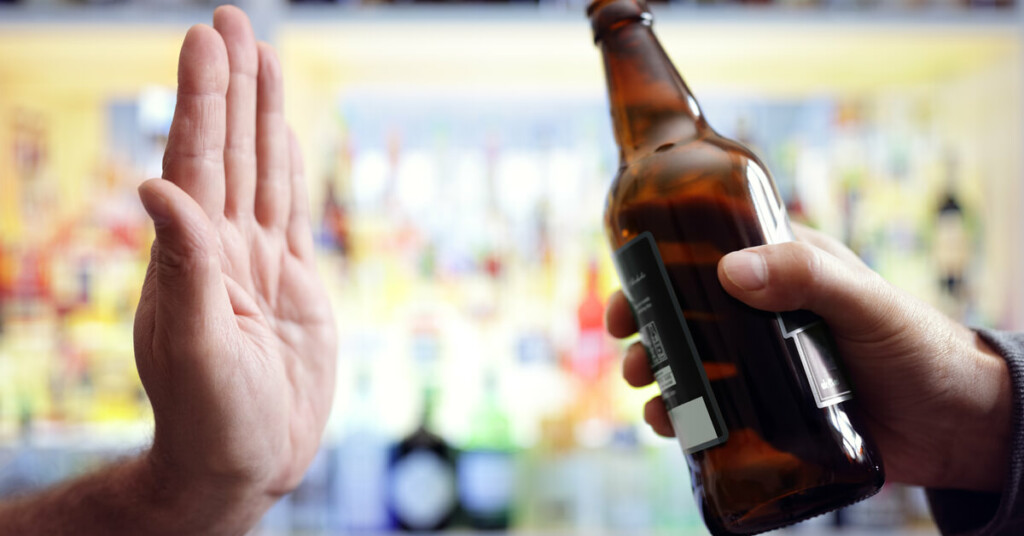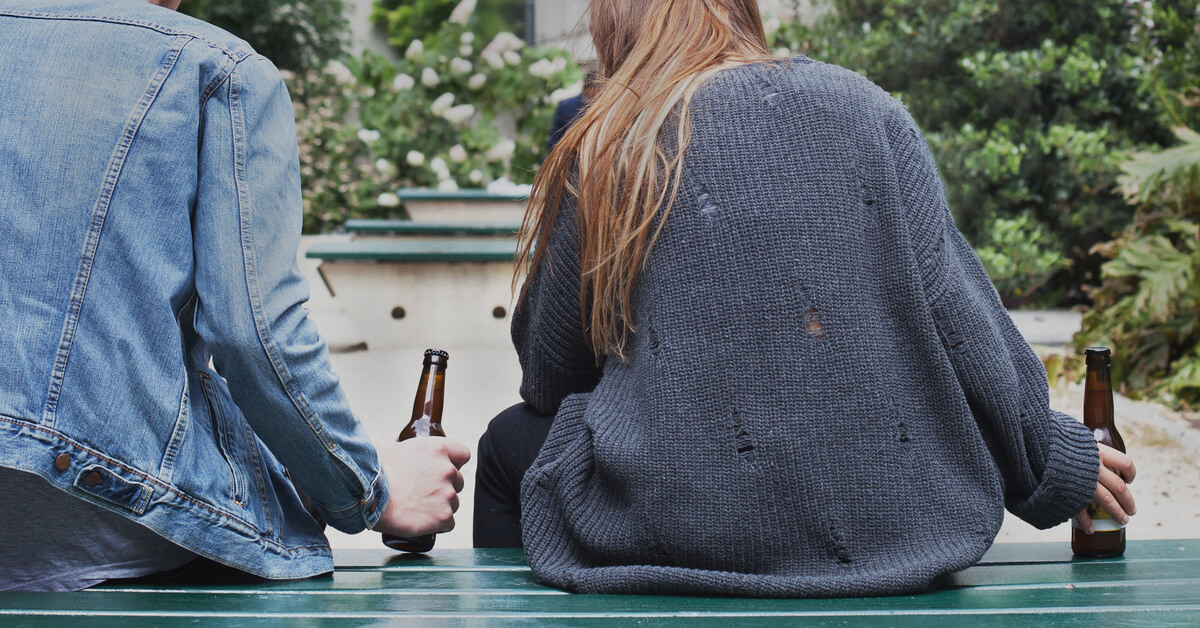The majority of adults who develop substance abuse disorders had their first drink during adolescence. If we can help kids delay substance use, they will be less likely to struggle with substance abuse.
In her new book “The Addiction Inoculation: Raising Healthy Kids in a Culture of Dependence,” Jessica Lahey translates the research around addiction and explores practical ways parents and educators can use this information to support kids.
Among her many findings is this: our kids need practical refusal skills — simple scripts and mental models they can draw on when they encounter peer pressure. After all, one of the strongest predictors of substance use in teens is peer use. In other words, if your child is around kids who drink and do drugs, they are more likely to drink and do drugs. And since you probably won’t be there at the moment they are first offered a drink, we need to equip them with strategies in advance.
Here are 10 (of the many) concrete ideas Lahey shares in her book.
TIPS FOR HELPING KIDS RESIST PEER PRESSURE



